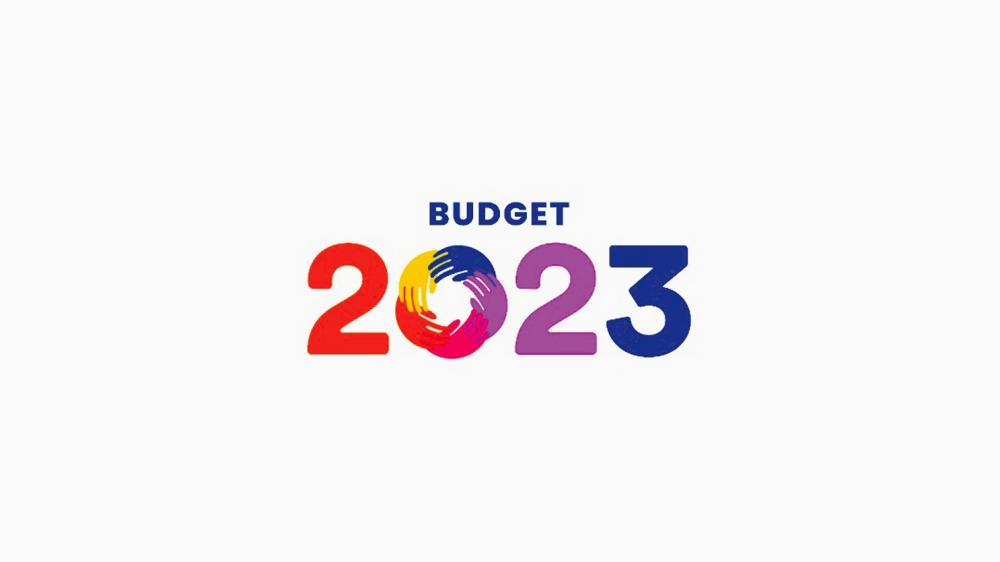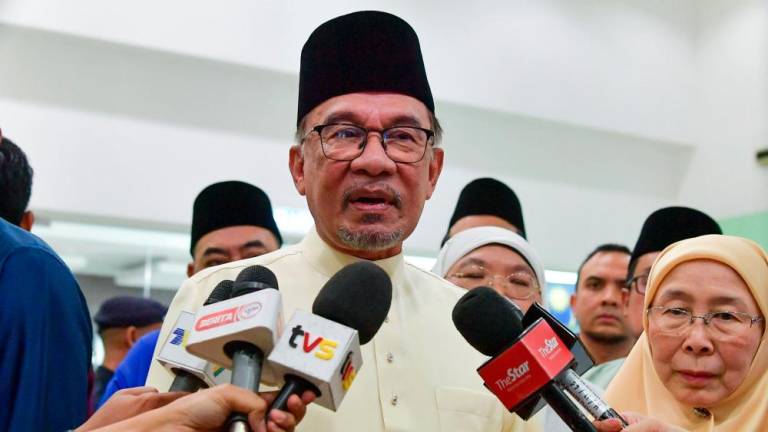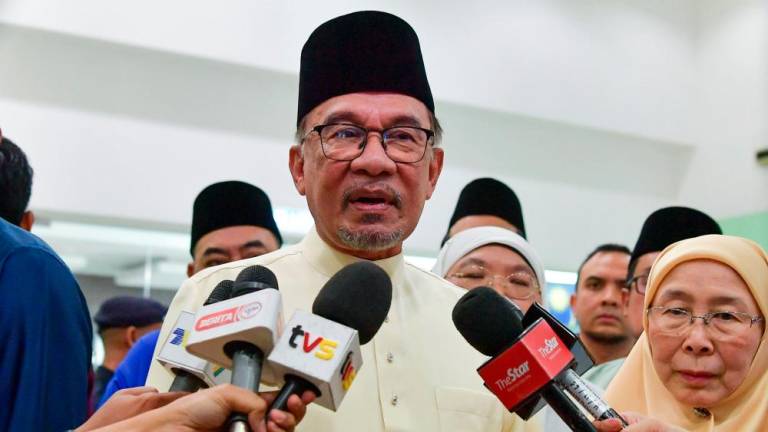BUDGET 2023 is focused on helping businesses that are just beginning to recover from the Covid pandemic, and it also targets to help selected affected sections of our society such as the B40, M40, senior citizens, OKU, youths, students and the self-employed.
The absolute Budget 2023 deficit will be RM99 billion: total expenditure is RM372 billion, and total expected revenue is RM273 billion. This translates to a budget deficit of 5.4% of the 2023 GDP. The projected revenue will only be sufficient to meet the operating expenditure and the development expenditure will be financed from borrowings. Inflation is expected to be contained at around 4% through the continuation of subsidies. Otherwise, inflation should have been in the region of 10%. The subsidies will decrease from RM78 billion in 2022 to RM55 billion in 2023.
Will the 2023 budget be able to maintain its course and enable the country to face the global turbulence arising from Ukraine-Russia war, galloping inflation in the US, economic slowdown in Europe due to high energy crisis, ongoing US-China spat, supply chain disruptions?
Malaysia is an open economy and is very dependent on international trade to sell key commodities such as palm oil, oil and gas, timber, and the majority of our manufacturing, particularly the electrical & electronic sector, is export orientated. If the world economy slows down, we will be impacted and our budget assumptions could be derailed and the impact will be felt through a slowdown in growth, widening in budget deficit, and possibly leading to the ringgit sliding further.
What is missing in this budget?
Although the poorer sections of society need help, the current cash handout mindset is becoming ingrained, and they could become permanently dependent on cash handouts. It is timely to find ways to teach them to be self-sustainable.
Increasing dependence on the investment by the public sector to help the economy grow is again not sustainable as this will only lead to increased borrowings and increased interest payments. We need the private sector to step in and increase its investments into the economy. The private sector will be more efficient, and leakages will be minimised. In this budget, the incentives given to local investments are patchy and only selected industries are given incentives. Examples are the medical sector, tourism sector, angel investors and crowdfunding for startups.
What is required now is a holistic approach to encourage local investors to invest. This requires both a complete overhaul of the incentive regime, and how the authorities can remove the impediments of doing business such as helping businesses obtain finance to run their business and to deal with the government bureaucracy.
In the 1980s and 1990s, Malaysia grew from the injection of funds from foreign direct investment (FDI). In the recent years, we have been losing out on the share of FDI coming into Asean to our neighbours Singapore, Vietnam, and Indonesia. This budget has not added any significant incentives to attract foreign investors. Again, there is a need to look at this from a holistic angle and ask ourselves why are we losing out to our neighbours.
Key tax measures
Some of the key tax measures were the two percentage point reduction in the personal tax rate for taxpayers earning between RM50,000 and RM100,000 a year, and a similar two percentage point reduction in tax rate for SME for the first RM100,000. Businesses with long gestation periods are allowed to carry forward their business losses for 20 years. Stamp duty has been reduced to RM10 for transfers between immediate family members such as spouses, parent-child, and grandparent-grandchild.
In 2023 and 2024, there will be new initiatives which will impact taxpayers. In particular, the introduction of Tax Identification Number (TIN) which will automatically be issued to all individuals aged 18 and above. All transactions in future will require the TIN to be identified. There are also plans to introduce e-invoicing in stages from 2023. It is also expected in 2024 the Global Minimum Tax rate of 15% will be introduced.
Several ESG related tax measures have been announced and they include the importation of CBU electric vehicles free of customs and excise duties, extension of the green technology incentives, new incentives for carbon capture and storage of carbon dioxide, and in the future the government may introduce carbon tax.
Our challenge
Despite the oncoming global turbulence, the challenge for the government will be to keep the economy growing while cushioning the impact of any downturn on the vulnerable sections of our society and the SME.
This article is contributed by Thannees Tax Consulting Services Sdn Bhd managing director SM Thanneermalai (www.thannees.com).













